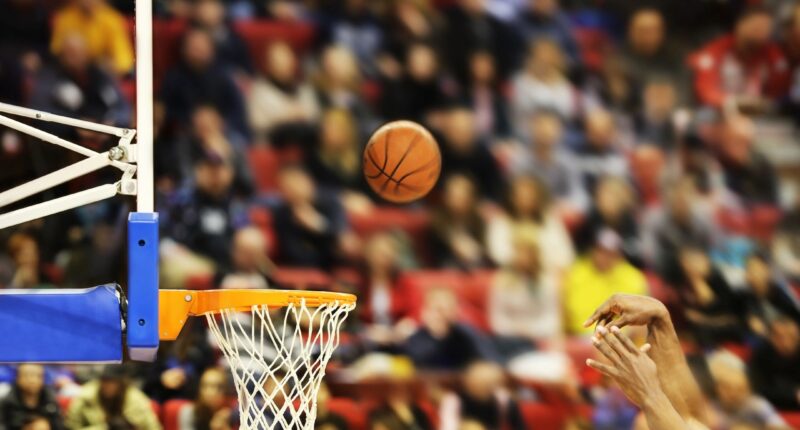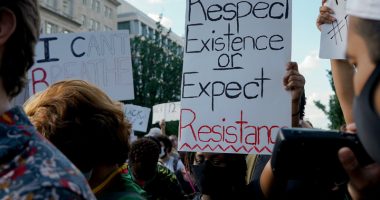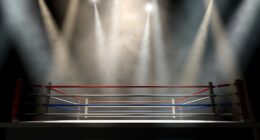First off, rest in peace to Boston Celtics legend Bill Russell and condolences to his family, friends, and fans. Eight-eight years old is a good run though. Bill Russell is a legend beyond his NBA basketball accomplishments. Yeah, 11 championships in 13 years are cool. Serving as a defensive great is all fine and good too. But what really makes Bill Russell a legend is his doing this in the midst of racism as well as his social activism.
Bill Russell marched with Dr. King and spoke out on racial and political issues in the 60s. He also endured a lot of racism in Boston while playing for the Celtics. “Nigger” was spray painted on his house when he moved to Boston. His house was broken into, and the bigots broke into his trophy case and destroyed almost all of his trophies. The racists poured beer on Russell’s pool table in his house and even defecated on his bed. Even hometown sportswriters were racist towards Bill Russell.
Bill Russell would routinely hear racist taunts by opposing teams’ fans and his own fans. Yet he was still able to play top notch basketball and deliver 11 championships to the Boston Celtics.
In 1961, Bill Russell led a player protest refusing to play after several Black players on the Boston Celtics were refused service at a Phoenix Hotel coffee shop in Lexington, Kentucky. He also was a vocal spokesperson at the Cleveland Summit in 1967, where influential Black athletes joined together in support of Muhammad Ali. The support of Ali was caused by the public backlash Ali faced for refusing to be drafted for the Vietnam War. Ali was facing jail time and having his boxing titles stripped.
Bill Russell also wrote about racism in professional basketball for The Saturday Evening Post. Bill Russell’s daughter states “He earned the nickname Felton X. We received threatening letters, and my parents notified the Federal Bureau of Investigation.” She also stated that years later, after Congress passed the Freedom of Information Act, her father requested his FBI file. What Bill Russell found in the FBI file was that he was constantly referred to as “an arrogant Negro who won’t sign autographs for White children.” (In other words, white children and their parents couldn’t make money off his Black ass from his high-priced autographs.)
But who am I? Maybe I’m just a race baiter by talking about this. To this day, Black athletes are scolded for speaking out about racism or even making a tacit admission that racism even exists. The same issue existed back in the 1960s- only racism was far worse and more blatant back then. The onset of Civil Rights marches and eventually racial unrest and rioting in the late 1960s, made society bury blatant racism under a clever coating of subliminal racism. Racism is not as in-your-face as it was from the 1960s on down to… well, really 1776, since the country officially started. Hell, even before that when indigenous Blacks were colonized by racist, European conquerors. Even before that but never mind. I won’t digress.
Making racism not as bad and more covert, paying athletes and other celebrities even huger sums of money to perform and remain hush hush about racism and other issues, is the higher-ups’ clever strategy to keep future Bill Russels, Muhammad Alis, Kareem Abdul-Jabbars, and Jim Browns. Nowadays, It’s considered out of the way to speak on racism as an athlete because racism isn’t at bad, in-your-face, and overt and as overt as it once was. One could easily say “it’s not like it’s still the 1960s. So why are you still complaining, you ungrateful Negroe.”
But let me stop “race-baiting” and “playing the race card” though. Anyways. Once again, rest in peace to Bill Russell.










